PLANT OF THE YEAR
California Dairies’ Bakersfield facility named Dairy Foods 2025 Plant of the Year
After receiving several great applications, the Dairy Foods editorial staff determined that California Dairies Inc.’s (CDI) Valley Natural Beverages (VNB) facility in Bakersfield, Calif., should be honored as the 2025 Plant of the Year.
CDI is a cooperative owned by nearly 300 dairy farming families. The VNB facility, the first new plant to scale in California since 2018, first processed milk for testing and evaluation in December 2024. Its first processing order for a customer was fulfilled in March, while an official ribbon cutting took place in April.
The state-of-the-art 204,251-square-foot greenfield facility is a direct response to evolving market needs, leveraging aseptic and extended-shelf-life (ESL) processing technologies to expand its reach into the Class I fluid milk category.
“As we continue to evolve as a coop, our goal is simple: ‘How do we continue to add value to our members’ milk in a way that also intersects with consumers’ needs?’ That is what started the need for this facility,” Brad Anderson, CEO of CDI, tells Dairy Foods. “Regarding both ESL and UHT (ultra-high temperature), there is a shortage of supply globally. So, our business has been growing strongly in the U.S. market, as well as globally.”
Consumers are seeking more specialized milk products that provide health and wellness benefits. Anderson, who will retire at the end of the year as CEO, adds, “To execute that, you need technological advancement; particularly shelf life.”
Regarding why CDI selected Bakersfield for the VNB plant, the location, in California’s Kern County, was an opportunity to put production “in the middle” of its milk supply. “We can reduce our carbon footprint and get our milk closer to our processing facility and deliver wholesome milk in an environmentally responsible way,” Anderson reveals. “Not only domestically, but it puts us very close to the ports in southern Kern County for international shipments.”
By Brian Berk, Editor-in-Chief
Valley Natural Beverage facility is being honored for efficiency, sustainability and safety.

California Dairies’ Bakersfield facility named Dairy Foods 2025 Plant of the Year
Key elements of the plant
In partnership with E.A. Bonelli, VNB was intentionally designed to optimize efficiency everywhere — not just in the processing — simplifying access without sacrificing critical security or hygienic controls. It was strategically built with future expansion as a core tenet.
Despite facing pandemic delays and soaring costs, CDI’s team and key partners, Big D Construction and JCS Process Solutions, achieved a historic pace of completion. The full build was accomplished in just 18 months from the first shovel in the ground to producing product.
“Eighteen months is not easy to do, especially post-COVID. But our team, as well as state and local partners, did an amazing job,” Anderson affirms. “I can’t say enough good things about the support we received from (California’s capital) Sacramento, Kern County and the City of Bakersfield.”
VNB launched with three processing lines, with a meticulously phased expansion plan to scale to 12 lines at full capacity. This will ultimately enable the processing of up to 600,000 gallons of milk daily. The three lines currently in operation are a gable top (half-gallon) container line, a liter container line and a small line that produces single-serve products.
The success of this strategy is already evident: capacity on its initial three lines is nearly sold out, compelling CDI to begin Phase 2, for which the building shell is already complete. The final phase will involve extending the southernmost wall of the building to make room for an additional three to four lines, the company says.
“We have recently approved a fourth line, which we are now in the process of executing. It should be operational in less than 12 months,” Anderson states. “Things have gone so well that we are expanding faster than we originally planned.”
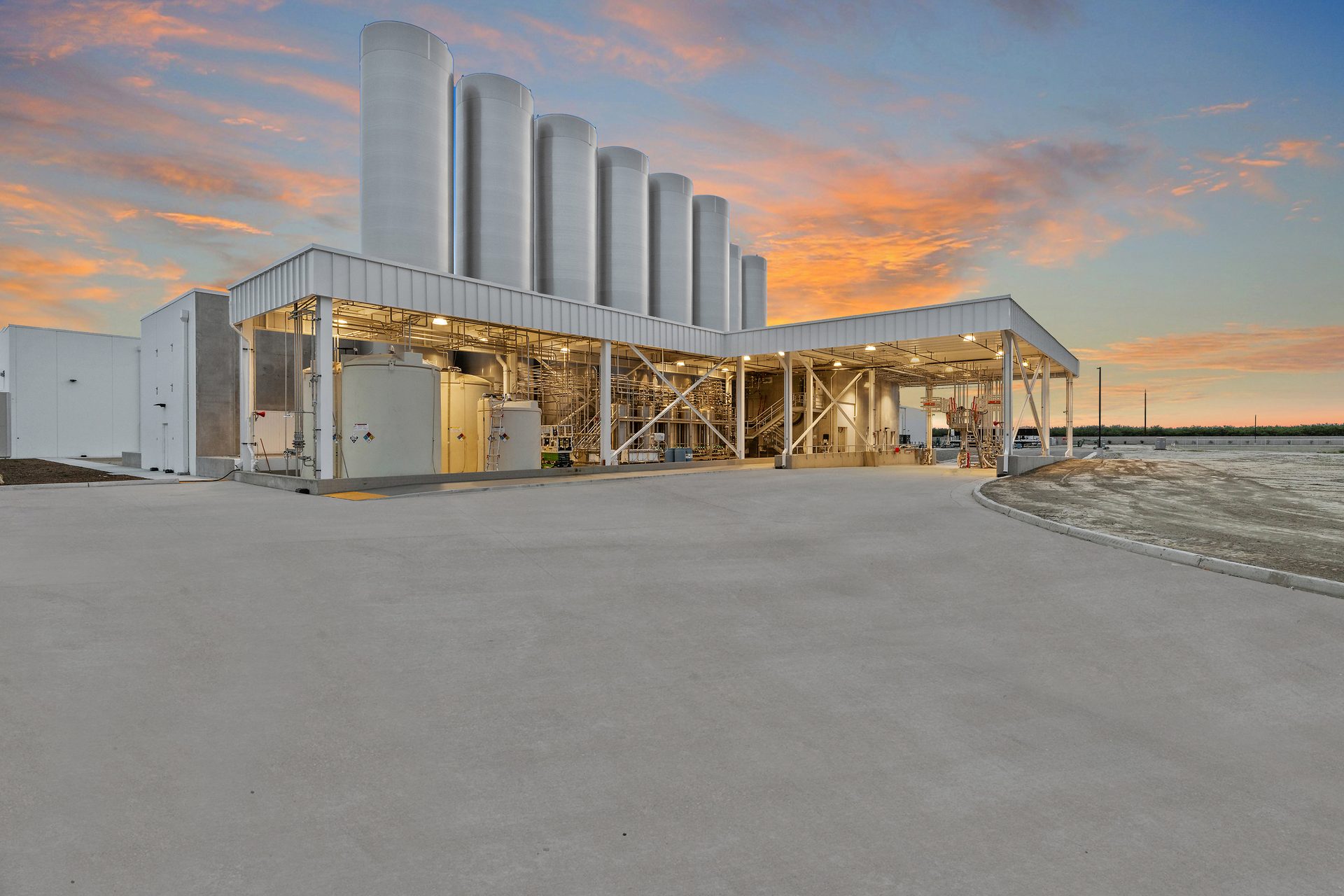
Sustainability is key
Stewardship of its land and resources is a core value for CDI’s farming families, and this ethos is engineered into the VNB plant. The facility’s location immediately reduces raw milk transportation by an estimated 312,000 miles annually, lowering its carbon footprint and processing fresher-than-ever milk.
“Our forward-thinking energy strategy is multifaceted, incorporating an onsite anaerobic biodigester to convert organic waste into renewal energy. In parallel, we are utilizing reduced-emissions linear generators to produce our own power,” the company wrote in its award application. “Water stewardship is anchored by a dedicated, onsite wastewater treatment facility, ensuring we are a good partner to the community.
“As a specific example of our commitment, we addressed the high-water usage of traditional cooling systems. By implementing adiabatic closed-circuit fluid coolers with variable-speed motors, we met all cooling requirements while using approximately 80% less water and achieving significant energy savings,” the company added.
Anderson remarks that dairy farmers have focused on sustainability long before it was given that title, efforts that continue today. “Specifically at CDI, we operate exclusively in the state of California from a farming and milk processing standpoint. We have to be more advanced,” CDI’s CEO notes. “It is no secret that some of the regulatory requirements in California are more stringent than other places in the U.S. We must stay ahead of the curve. Over 50% of our farms use solar. Nearly 50% have some renewable energy project either fully completed or in process.”
Anderson adds nearly all of the milk entering the VNB processing plant is coming from family-owned dairy farms that use solar energy, have anaerobic digesters, grow much of their own feed locally and more.
“For us to be able to partner with them throughout the supply chain validates sustainability is not a tagline for us. It is what we do every day,” Anderson explains. “Sustainability must be financially feasible, both on the farm and during processing. Selecting the location for the facility allows us to take a sustainability approach, all the way from field to farm to processing to the customer.”
Employee and food safety
The success of this facility is driven by CDI’s dedicated employees, led by Site Director Troy Hancock, who was involved in the build from day one. The plant was designed with employee safety as a foundational principle, fostering a powerful safety culture evidenced by the remarkable achievement of surpassing 200 days of operations without a single lost-time incident. This record underscores CDI’s belief that operational excellence and a safe, supportive environment are inextricably linked.
“We looked at every aspect to make sure this is not just another milk processing plant. It truly meets the description of the latest, greatest technology and represents the future of what dairy processing can and should be,” Anderson notes.
As for food safety, the VNB facility achieved the Safe Quality Food (SQF) Edition 9 Level 3 certification within its first six months. This gold-standard certification validates its investment in fully automated, closed-loop systems and assures customers that products made without members’ milk meet the most stringent global safety and quality standards.
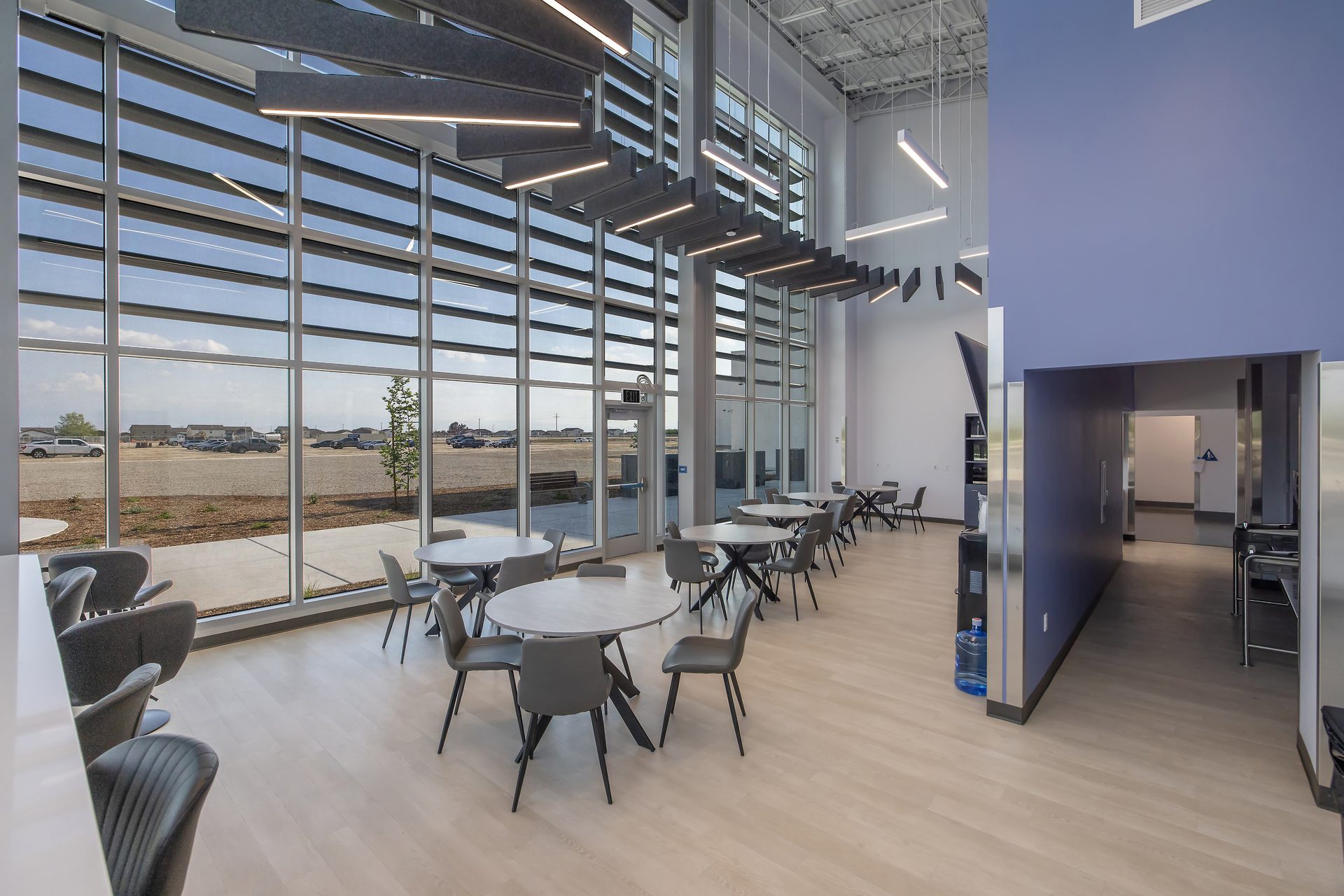
Technology at the forefront
Integrating state-of-the-art robotics has resulted in a 15% improvement in Overall Equipment Effectiveness over CDI’s initial targets, maximizing the value of every gallon of milk.
“At the core of our operation is a proprietary system designed by JCS Process Solutions, the first of its kind in fluid milk processing. This technology utilizes a unique steam infusion heat treatment that produces better-flavored dairy products, a critical differentiator in the UHT category,” the company states. “This process is also designed to reduce product losses and improve yields versus standard methods. This technological advantage is paired with a streamlined manufacturing process, from receiving to a fully automated warehouse.”
Anderson proudly states, “It gives the end product a more fresh, light taste.”
According to the company, robotic palletizers have a direct feed conveyance into the Automated Storage and Retrieval System, a “lights-out” warehouse built on an 30,000-square-foot precision foundation that optimizes space and eliminates unnecessary labor and movement.
“We looked at the newest technology available to make us more efficient but also take advantage of sustainability technology currently available. We wanted to have technology that enhance the consumer experience when they consume the product,” Anderson says.
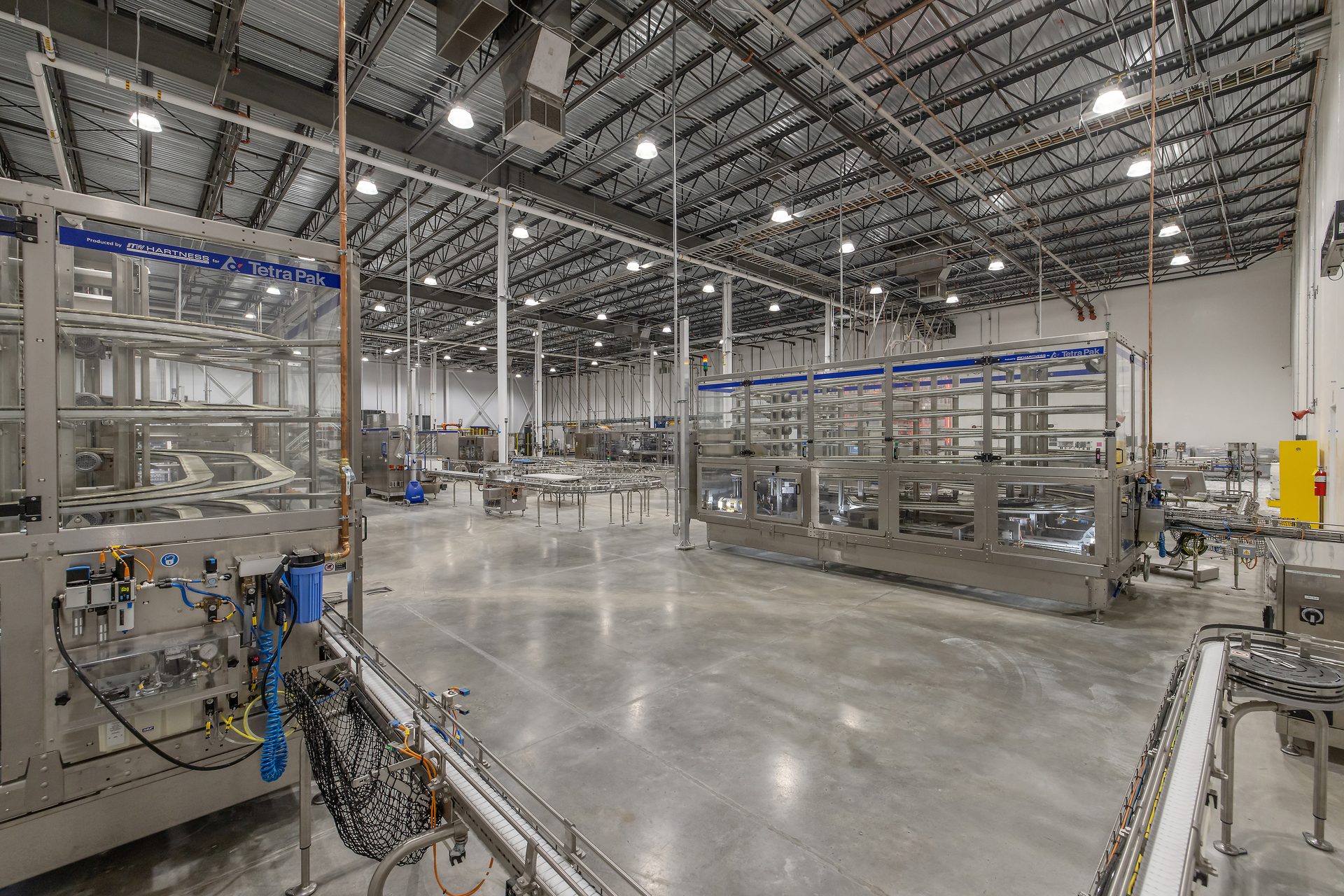
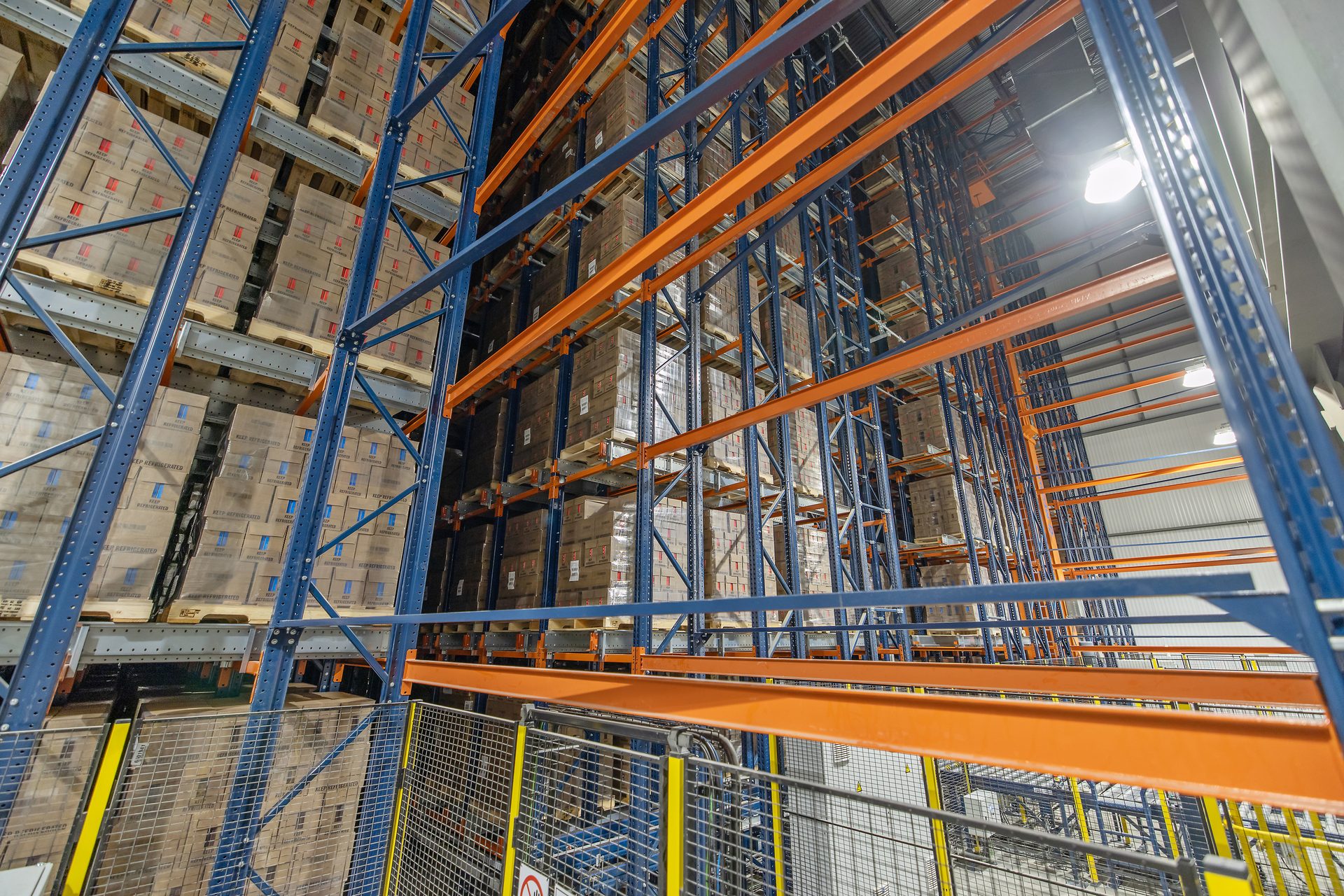
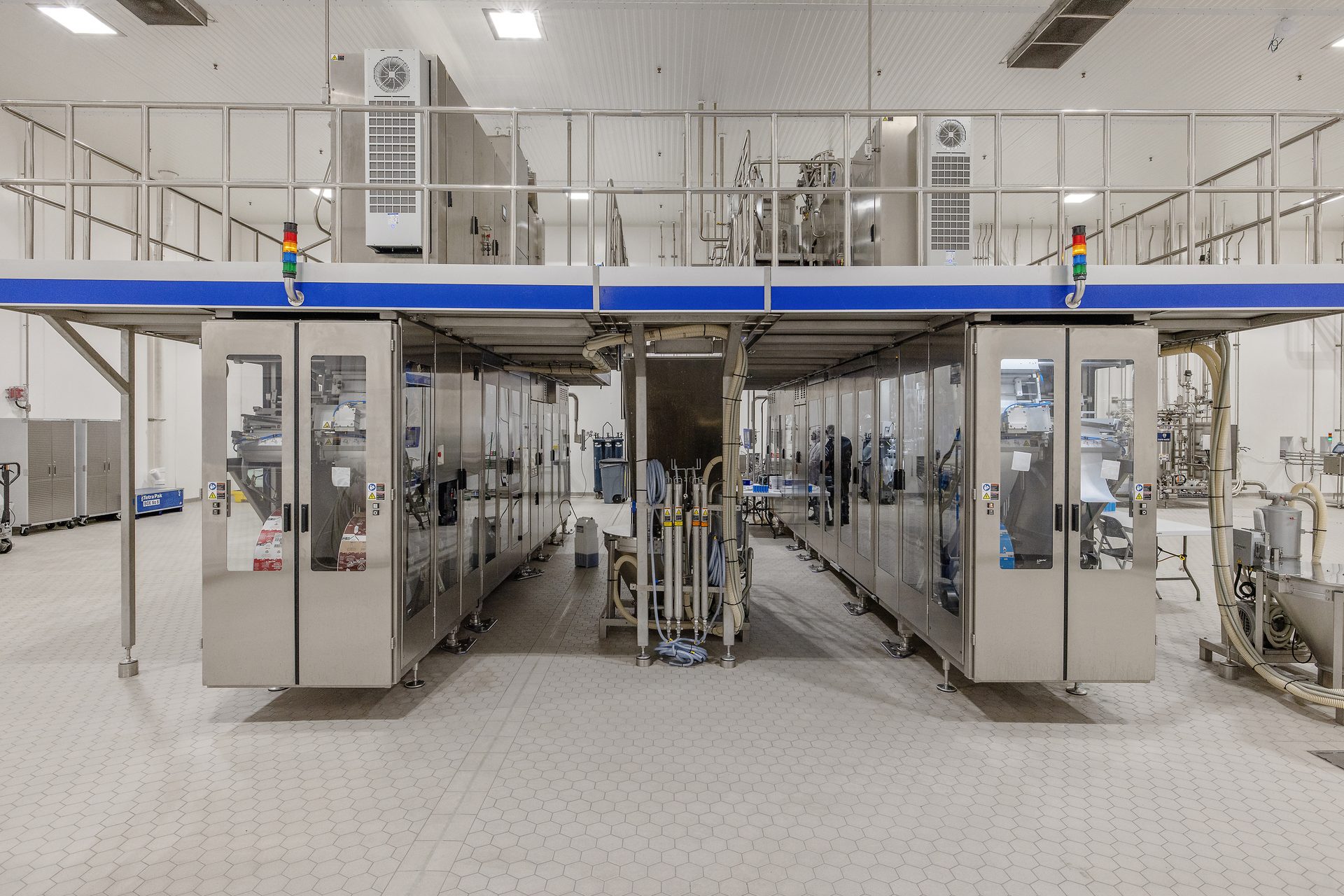
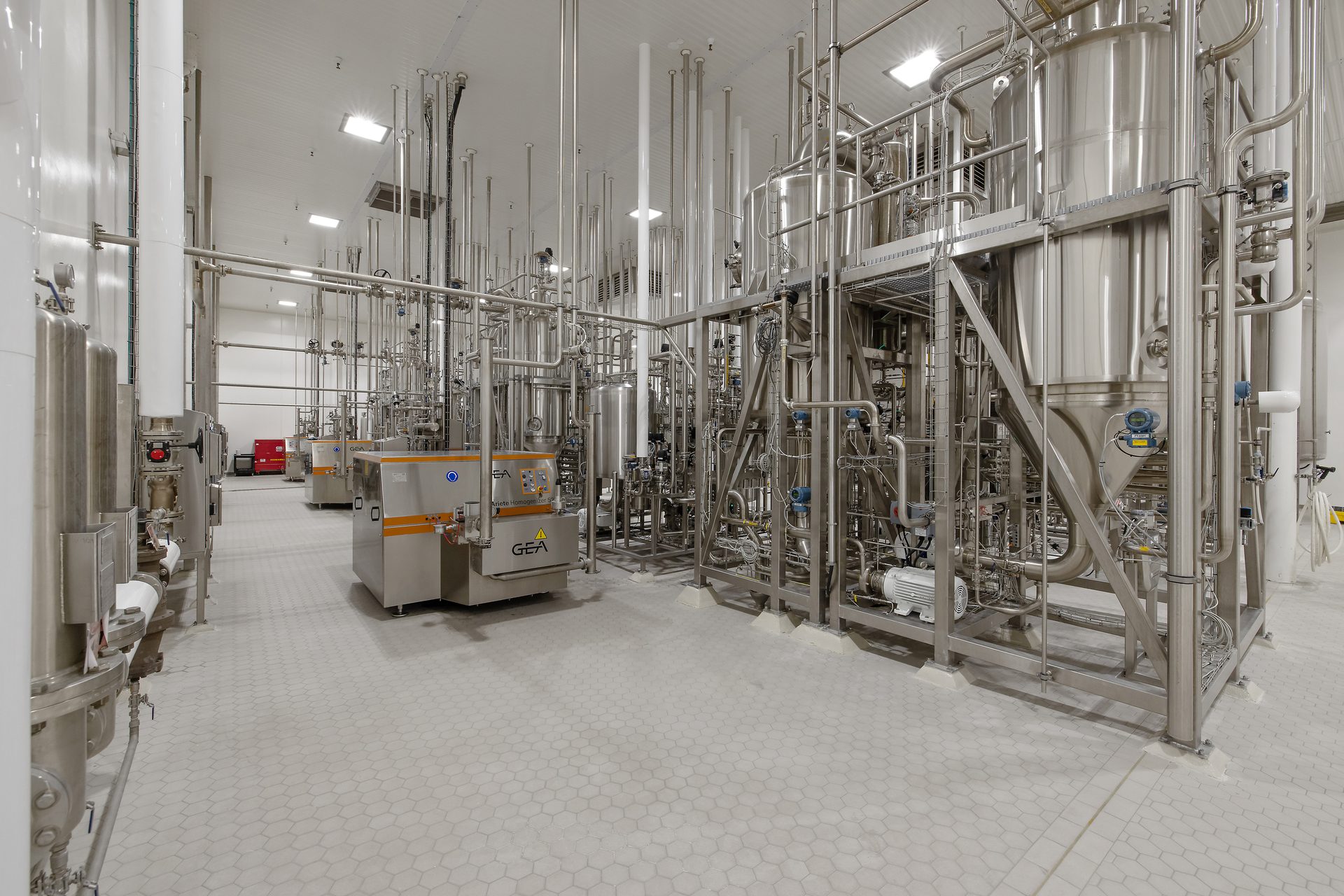
Involvement in the local community
Anderson stresses CDI strives to attract and retain the most knowledgeable staff by cultivating a supportive culture. CDI provides competitive wages, a generous benefits package, scholarship opportunities, tuition reimbursement, and appreciation events for its staff and their families.
“Our employee base is not standard, minimum-wage labor. Because of all of the technology we have at the plant, we have well-paying, advanced jobs. We are proud to create those jobs in Kern County,” Anderson maintains. “We partnered with local colleges and the local economic organization, which provide support for our local training. It has truly been a community effort to pull this off.”
CDI is proud to invest back in the local community, “who has embraced us with open arms,” Anderson continues.
Expect plenty of more growth with help from the community as VNB expands to an ultimate goal of having 12 lines at its VNB Bakersfield facility. “This is just the beginning,” Anderson concludes. DF
Article photos by California Dairies Inc.